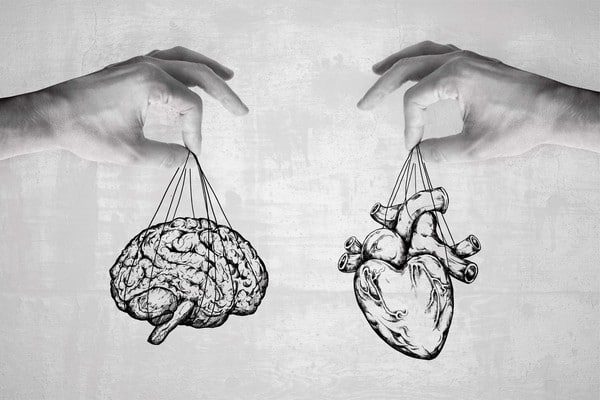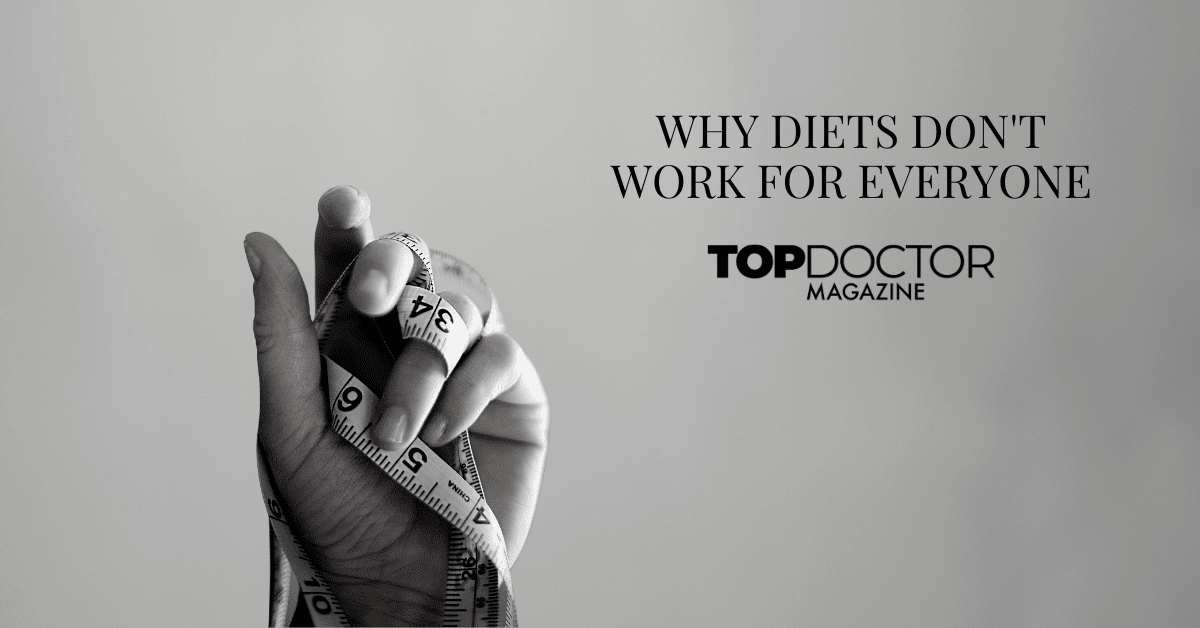Gone are the days when everyone had to work a 9-5. Since 2020 especially, more and more people have been working from home and creating a schedule tailored to them. Come to find out, the 9-5 is best suited for men. Let’s explore why.
Men vs. women’s cycles
Everyone’s cycles
We all have daily cycles. That’s our circadian rhythm, which determines when we wake up and go to bed.1 When you have a system or a routine, your body will naturally want to get up and sleep at the same time each day.
If you think about it, we should all be suitable for a 9 to 5 workday, right? After all, we (in theory) are ready to conquer our day in the morning when we get up. Over the day, we progressively lose steam, and by the time 5 o’clock rolls around, we’re ready to be done. We have just enough time for dinner and downtime before bed.
However, men and women do feel differently each day based on their hormones.

Men’s cycles
In addition to a normal circadian rhythm, men also experience a diurnal rhythm of testosterone.2 That means they experience the same thing every day with their hormones. When testosterone levels are normal, testosterone is at its highest in the morning and decreases over the day.3 As men sleep, testosterone rises, so it’s at its peak again the next day.
In other words, they’re ready to seize the day in the morning and feel ready to clock out by the end of the day. And the same thing repeats every single day.
Women’s cycles
Hypothetically, women should feel the same way based on their circadian rhythm. However, any woman knows she doesn’t feel the same each day, and it’s not just in her head. That’s because a woman’s cycle works on roughly a 28-day pattern. A woman’s key hormones, progesterone and estrogen, dramatically shift over this time. The main events in a woman’s cycle are ovulation and menstruation, but the body’s hormones are still working in between these points.4
All that to say, a woman will feel energized and have more mental clarity to complete tasks at specific points during the month. But at other times, she’ll feel grateful if she just makes it out of bed.

Stress affects women differently than men
Though stress is disadvantageous for both men and women, adding insult to injury, stress can hurt women more than men when it comes to fertility.5 When chronically stressed, our body enters a fight-or-flight mode, halting essential functions and causing gut imbalances. Stress causes our cortisol to spike, which, again, isn’t good for anyone’s health overall. However, while men have cortisol, their testosterone doesn’t come from it. In other words, they won’t experience fertility problems from stress quite like women.
Women, on the other hand, primarily use the hormones progesterone and cortisol to conceive children. Cortisol is not bad, but when stress causes it to swell, everything else is imbalanced, making it difficult for women to have children. That likely explains why 1 out of 5 women experience infertility during the time they should be most fertile. Even if a woman doesn’t intend to have children, she’ll still be hurt by high cortisol with depression, anxiety, and mood swings, among other things.
What women can do
Track your cycle
The good news is that women can track their cycles to understand what’s going on with their hormones. Even if they’re not planning to have kids right now, knowing what’s going on to prepare is helpful. This app called 28 is a great resource to track your cycle.6 If you don’t have a cycle, you can establish a monthly routine to help regulate it—which can help bring it back! The same app uses the moon as a monthly schedule if you so choose.
Eat and exercise with your cycle
Once you know your cycle, you can eat and exercise along with it.7 As you might’ve guessed, there are times in the month when more intense exercise would be beneficial. At other points, though, it’s best to take a step back and relax. You can also eat foods that help balance your hormones. Getting in touch with your cycle can help regulate your hormones and make it easier to function.
Manage stress
You must do what you can to alleviate stress. If possible, take a step back from certain responsibilities in order to not overwhelm yourself. Don’t be hard on yourself when you’re at that time of the month. You can also trick your body into calming itself by activating the vagus nerve.8
Conclusion
Though atypical job trends are rising, that doesn’t mean we can completely abandon the 9-5. But if women track their cycles, they can learn how to work with their hormones to make the most of every day.







0 Comments